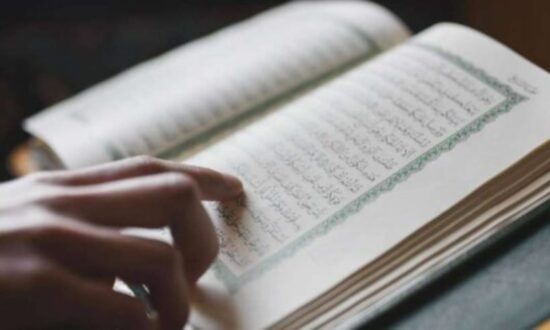Balancing Dunya and akhirah: 14 practical tips from the sunnah
1. What is Dunya in Islam? In Islam, Dunya refers to the material world, including wealth, possessions, desires, and worldly pursuits. While it is essential for our sustenance, it should not overshadow our spiritual obligations. 2. Deen over Dunya in Arabic The phrase “Deen over Dunya” emphasizes prioritizing our faith (Deen) above worldly matters. The Prophet Muhammad (peace and blessings be upon him) exemplified this by dedicating his life to spreading Islam despite facing immense challenges. Quran by Call academy offers online classes of 📍1-Quran ( Reading & Memorization ) 📍2- Tajweed rules studying 📍3- Islamic studies 📍4- Arabic ( speaking & writing & Reading) 3. Achieving Balancing Dunya and akhirah a. Set Clear Priorities: Reflect on what truly matters to you—spiritual growth, family, health, and community. Prioritize acts of worship (prayers, fasting, charity) alongside daily responsibilities. b. Time Management: Allocate time for both Dunya and Akhirah. Use a planner…
8 Common Mistakes in Quran Recitation and How to Correct Them
Common Mistakes in Quran Recitation Introduction: Quranic recitation is a spiritual practice deeply ingrained in Islamic culture. However, learners may encounter various errors. Types of common mistakes in Quran recitation? These mistakes fall into two categories: 1- Serious and Obvious Mistakes (اللَّحْنُ الْجَلِي – Al Lahn Al Jaliy): These errors involve significant deviations, such as altering the meaning of verses, changing or omitting letters. Examples include saying “الحَمْدَ” instead of “الحَمْدُ” in Surah Al-Fatiha or pronouncing the letter “ت” instead of “ط.” Committing these mistakes can result in sinful recitation. Minor and Subtle Mistakes (اللَّحْنُ الخَفِي – Al Lahn Al Khafiy): These are less noticeable errors that don’t directly contradict the rules of the Arabic language but conflict with specific Tajweed rules. Examples include neglecting the rules of madd (prolongation), failing to observe a rule of ikhfâ (concealment), or not producing the ghunna (nasal sound) when required. Quran by Call…
Eid Ul-Adha Etiquette and Manners
1. Eid Ul-Adha Etiquette and Manners Eid Al-Adha, also known as the Festival of Sacrifice, holds special significance for Muslims worldwide. Here are some essential etiquettes to observe on this auspicious occasion: a. Ghusl (Ritual Bath) Before Eid Prayer It is recommended to perform ghusl (ritual purification) before heading to the Eid prayer. Just as we do before Jumu’ah (Friday) prayers, ghusl signifies spiritual readiness and cleanliness. b. Eating Before Going to Eid Prayer On Eid al-Fitr, it’s Sunnah (Prophetic tradition) to eat some dates before going out for the prayer. This emphasizes the end of fasting during Ramadan. On Eid al-Adha, refrain from eating until after the prayer. If you’ve offered a sacrifice (udhiyah), you can break your fast with it. c. Takbir (Magnification) on Eid Recite the Takbir (saying “Allahu Akbar” – Allah is the Most Great) aloud on Eid day. This is a significant Sunnah. Allah commands…



